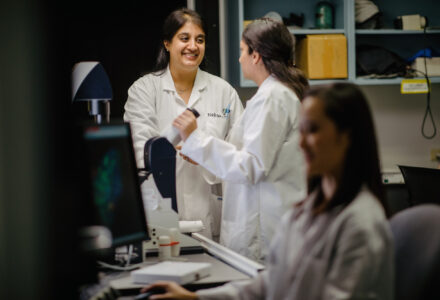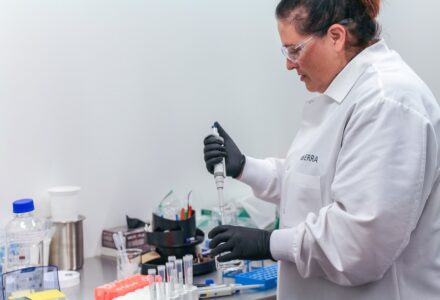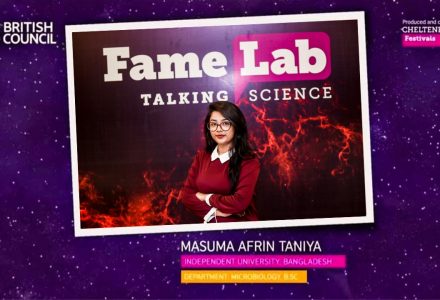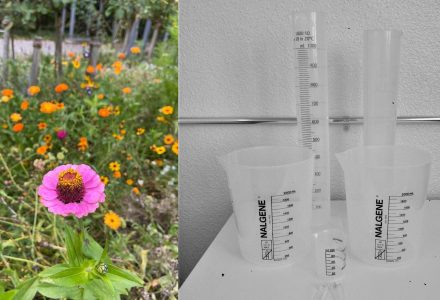
Meet Chaithra Girish B.P : Stories from the Wild Side of Conservation!
Chaithra B P is a PhD scholar at the Ashoka Trust for Research in Ecology and the Environment (ATREE), Bengaluru. Her research explores human-wildlife interactions, with a focus on how communities and ecosystems navigate coexistence in biodiversity-rich landscapes like Wayanad. With a background in wildlife biology, her academic interests lie at the intersection of ecology, people, and changing environments.
Beyond her research, she is deeply engaged in science communication and outreach. Her writing has been featured in platforms such as Conservation Optimism, Current Conservation, and The Lonely Conservationists, where she shares reflections on fieldwork, conservation, and the human side of science. She is passionate about making conservation meaningful—not just for biodiversity, but for the people whose lives are most closely connected to it

















